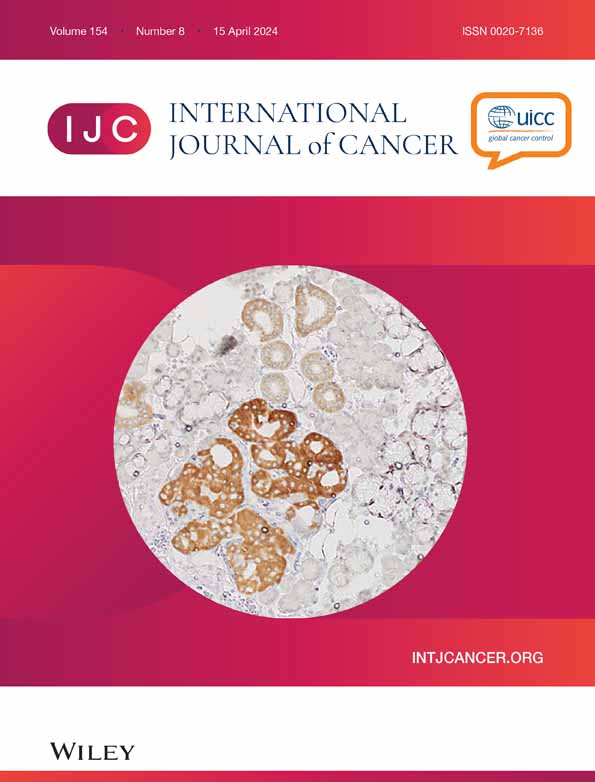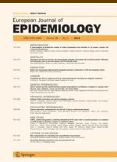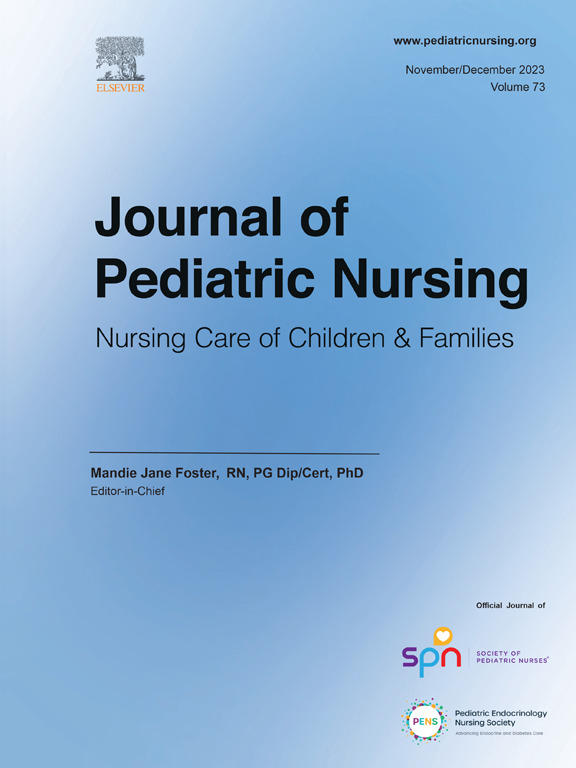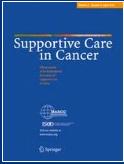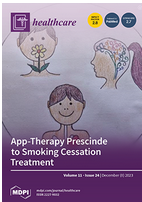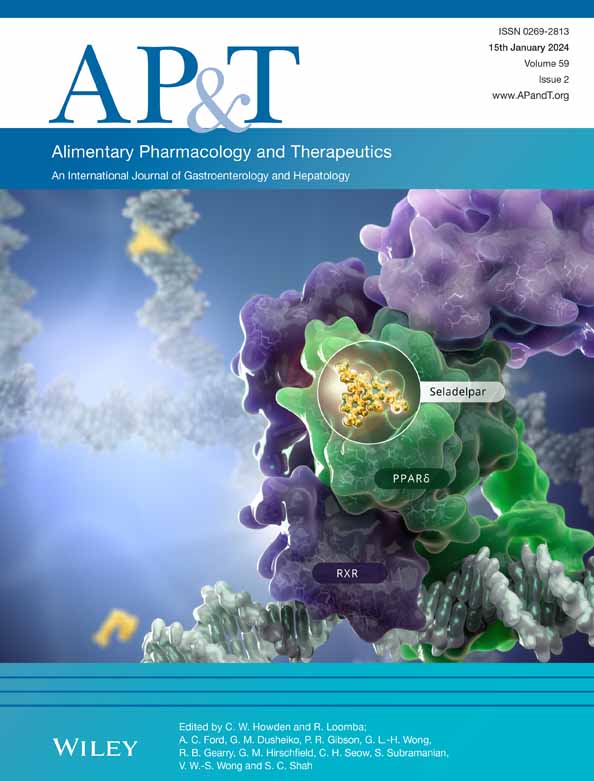Pre-diagnostic circulating resistin concentrations and mortality among individuals with colorectal cancer: Results from the European Prospective Investigation into Cancer and Nutrition study
Resistin is a protein involved in inflammation and angiogenesis processes and may play a role in the progression of colorectal cancer (CRC). However, it remains unclear whether resistin is associated with increased mortality after CRC diagnosis. We examined pre-diagnostic serum resistin concentrations in relation to CRC-specific and all-cause mortality among 1343 incident CRC cases from…



